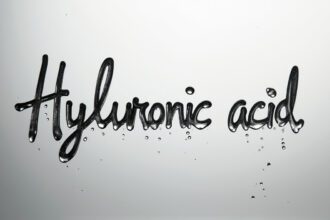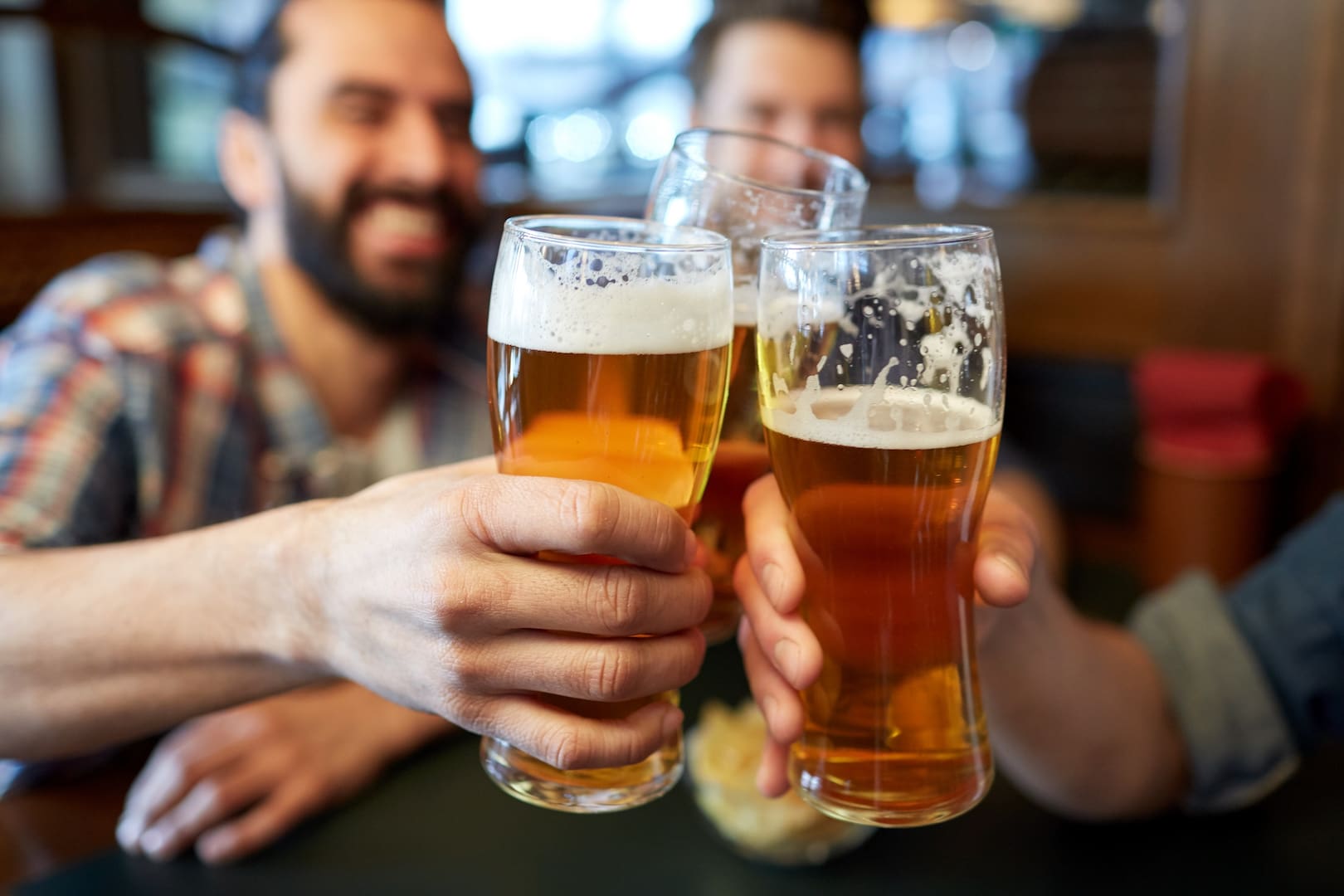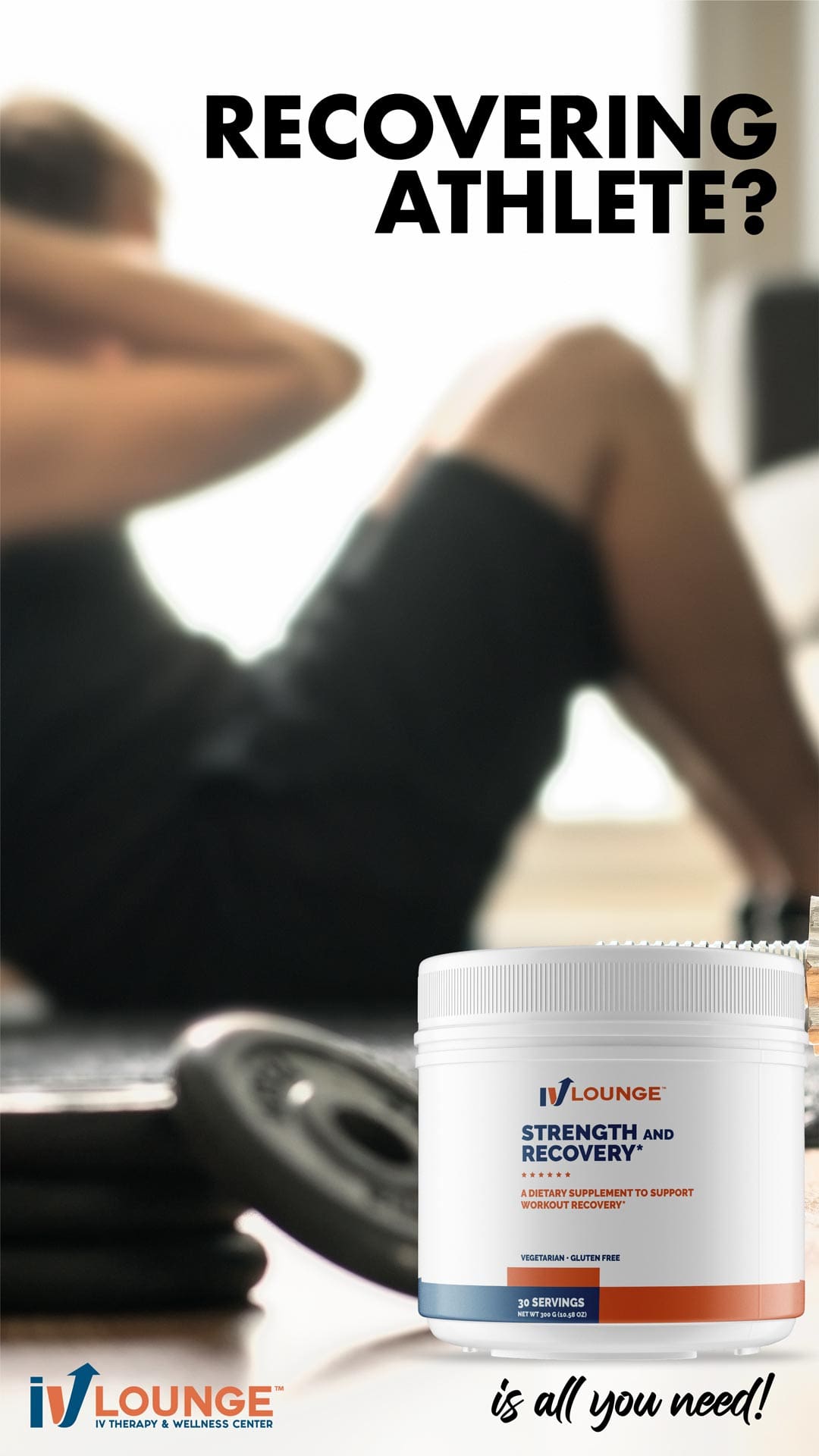Dr. Tom Fisher
It’s finally Friday at 5, and you just got off work. Now you’re thinking about going out later and having a few drinks and relaxing with your friends. After all, you worked hard all week and you certainly deserve a little fun now that the weekend’s here. So, there’s nothing wrong with going out and having a few drinks with your friends. I mean, you exercise regularly and take care of yourself. So a little alcohol won’t hurt anything, right? Well, before you simply shrug your shoulders and ask for a double, here are a few things to consider before making your choice.
Studies have shown that small amounts of alcohol increase muscular endurance and strength output. But, these benefits are very short lived. After twenty minutes or so, the problems start. The negative side effects outweigh any possible benefits. Alcohol is a toxin (poison). Because of this, a number of physical abnormalities can arise.
Poison
As a poison, alcohol can reduce your strength, endurance, recovery capabilities, aerobic capacity, ability to metabolize fat and your muscle growth. Moreover, it can also negatively affect your nervous system and brain. Long-term use can cause a significant deterioration of your central nervous system. With short-term use, neuromuscular transmission can be impaired, resulting in a loss of strength and coordination.
When alcohol reaches the individual muscle cells, it can cause damage. Muscle cell inflammation is common among users. Over the long-term, some of the damaged cells can die resulting in reduced functional muscular contractions. It can also contribute to more muscle soreness after exercise making recovery periods longer.
Effects
 Alcohol has many effects on your heart and circulatory system as well. When you drink, you may see a noticeable reduction in your endurance capacity. The body’s heat loss increases, because alcohol is a vasodilator, stimulating blood vessels to dilate. Heat loss can cause your muscles to rapidly cool, resulting in slower and weaker contractions.
Alcohol has many effects on your heart and circulatory system as well. When you drink, you may see a noticeable reduction in your endurance capacity. The body’s heat loss increases, because alcohol is a vasodilator, stimulating blood vessels to dilate. Heat loss can cause your muscles to rapidly cool, resulting in slower and weaker contractions.
Problems
Alcohol can cause some digestive and nutritional problems as well. It promotes a release of insulin. This will increase the metabolism of glycogen to metabolize sugar (carbohydrates), thereby sparing fat. As a result, fat loss more difficult. Furthermore it can also interfere with the absorption of some nutrients. You can become anemic and deficient in the B vitamins. Your liver is the organ that metabolizes and detoxifies alcohol. The more you drink, the harder you liver has to work. The extra stress can damage and even destroy some liver cells.
Alcohol is also diuretic. Large amounts can put extra stress on your kidneys. During diuretic action, anti-diuretic hormones are secreted. This can result in heightened water retention. This will contribute to bloating, and no one who exercises wants that to happen.
Finally, alcohol, has no positive nutritional value. Regardless, it does supply seven “empty” calories per gram. So, excess consumption can lead to significant weight gain.
If you must consume alcohol, do so in moderation and never consume right before exercise as this will impair your balance, coordination and judgment. Remember this, if you’ve taken the time to make the effort to improve your physical conditioning and your overall health, why take major steps backwards? And why impede you improvements by excess consumption of alcohol?







